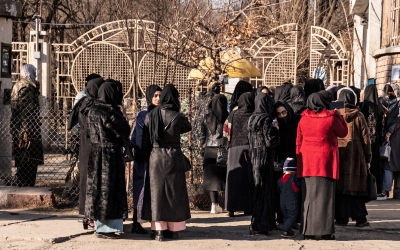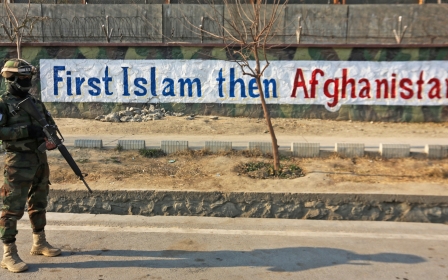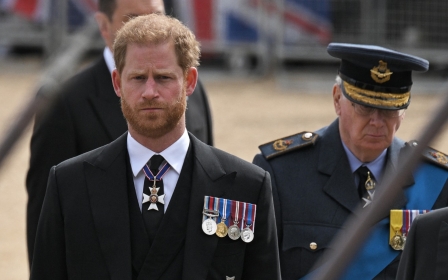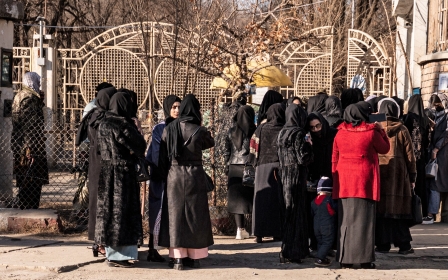Afghanistan: Erdogan calls Taliban ban on women's education 'un-Islamic'
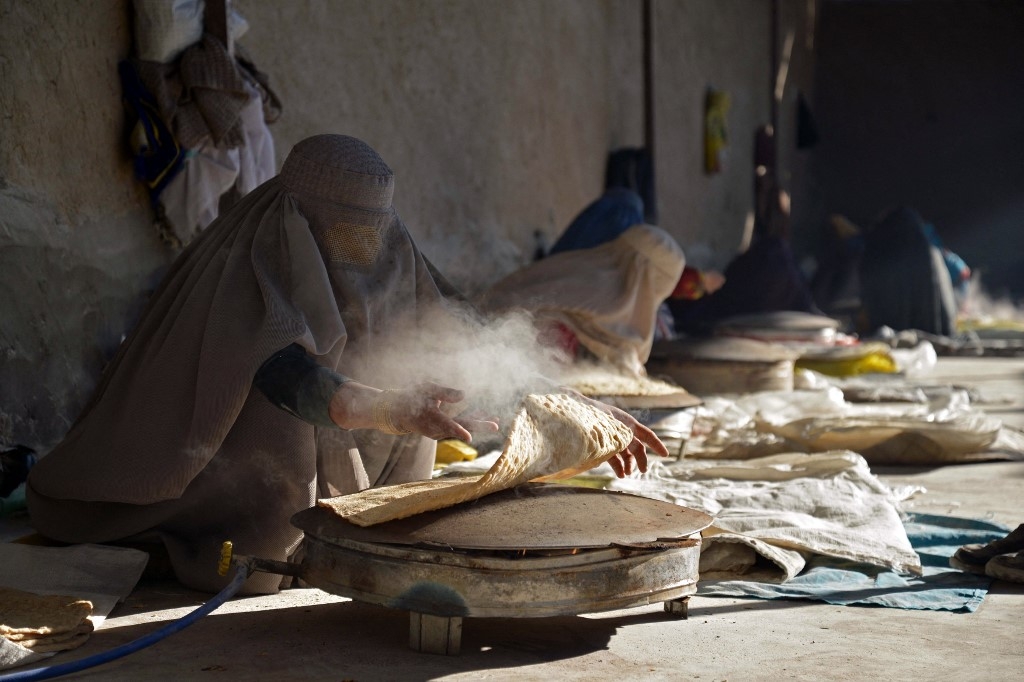
Turkish President Recep Tayyip Erdogan has denounced the Taliban’s order to ban university and primary education for Afghanistan's women as “unIslamic”, promising to follow the issue until it is resolved in a televised speech on Wednesday.
“It is inhumane and un-Islamic,” Erdogan said while addressing an international conference on ombudsmanship in Ankara.
“There is no such thing in our religion. No one should define any ban like that based on Islam. Islam does not accept such a thing. On the contrary, we are members of a religion that says 'seek knowledge from the cradle to the grave'.”
'There is no such thing in our religion. No one should define any ban like that based on Islam. Islam does not accept such a thing'
- Recep Tayyip Erdogan
The Taliban government last month first decided to suspend university education for women, and later issued an outright ban on education for women. However, some girls' schools have remained open.
Since the Taliban returned to power in Afghanistan in the summer of 2021, residents, elders and religious leaders in the country and abroad have challenged its claims that restricting education and work for women is permissible in Islam.
New MEE newsletter: Jerusalem Dispatch
Sign up to get the latest insights and analysis on Israel-Palestine, alongside Turkey Unpacked and other MEE newsletters
However, the Islamic Emirate says it does have support among Muslim scholars from other countries.
On Wednesday, Turkey initiated an extraordinary meeting of the Organisation of Islamic Cooperation (OIC), which called on the Afghan interim government to review its ban on women's education and working in educational and non-government organisations.
The OIC also decided to send a religious delegation led by the International Islamic Fiqh Academy (IIFA) to emphasise that women's and girls' access to all levels of education, including university level, is a fundamental right in keeping with the teachings of the “noble Islamic shariah”.
Erdogan said the Turkish foreign ministry as well as himself "will personally follow up on" the state of women's education in Afghanistan and would not leave it unchecked.
Turkish schools in Afghanistan
Turkey is operating 80 schools in Afghanistan through its state-funded Maarif Foundation.
MEE understands that the Taliban briefly closed 14 Turkish primary girls-only schools last month. Turkish authorities later managed to re-open girls-only primary schools and are currently trying to re-open the girls' high schools later this year by assigning female-only staff and operating the schools in different buildings than the male ones.
One person familiar with the issue said Taliban officials had not imposed a blanket ban on primary and high-school female education.
They added that the way the authorities impose the ban depends on different provincial laws and the judgement of senior education officials.
Turkey remains the only Nato country to have a functioning embassy in Kabul after the Taliban takeover in August 2021.
In September 2021, just weeks after the Taliban seized control of Kabul, the group refused to allow girls to resume high school education. Touted as a temporary decision, the return to school has been repeatedly delayed.
In August, Middle East Eye reported that scores of female Afghan students were prevented by the Taliban from boarding a flight to Qatar, where they had sought to continue their studies.
Several Taliban leaders have sent their own daughters to schools and universities abroad, particularly in Qatar, leading to frequent accusations of double standards.
Middle East Eye delivers independent and unrivalled coverage and analysis of the Middle East, North Africa and beyond. To learn more about republishing this content and the associated fees, please fill out this form. More about MEE can be found here.


